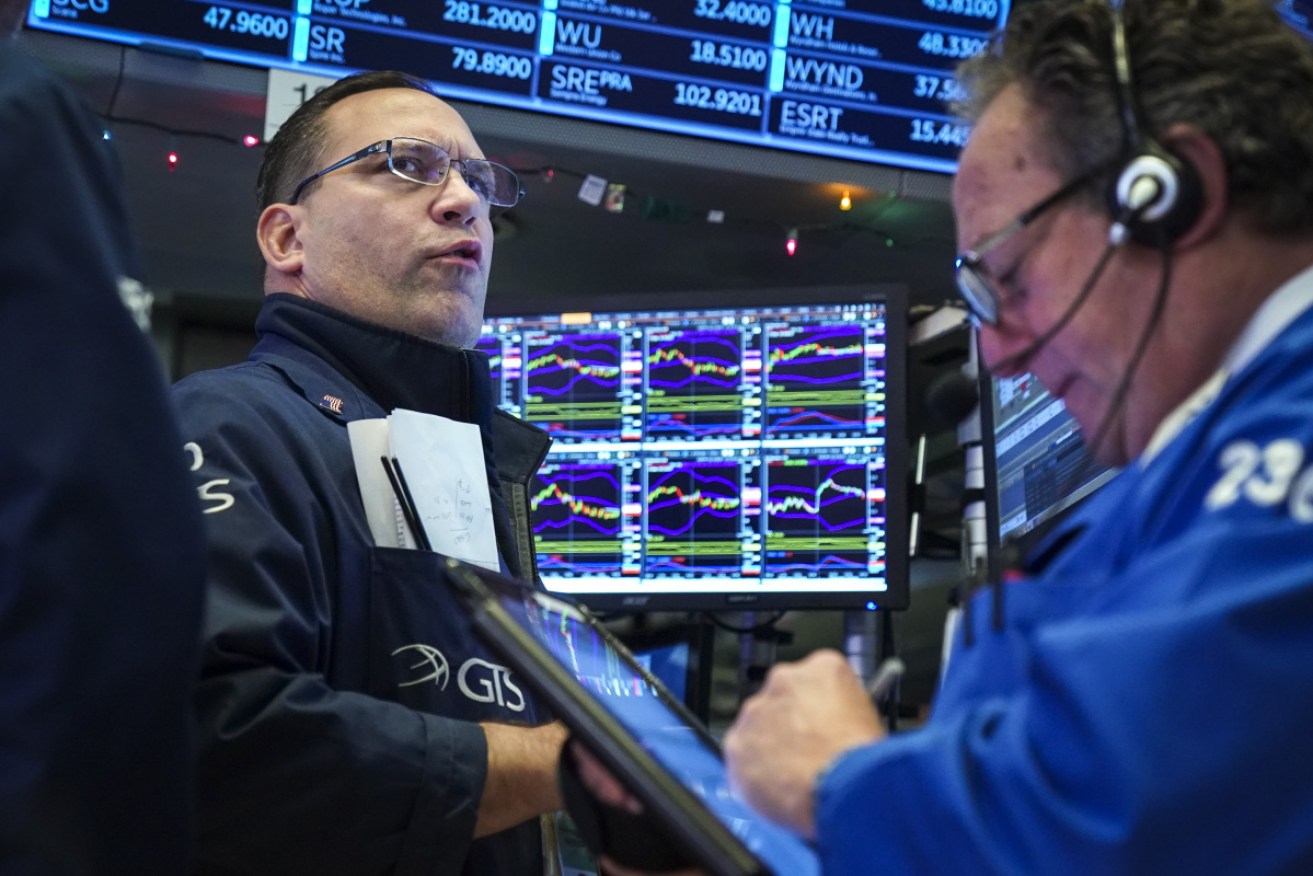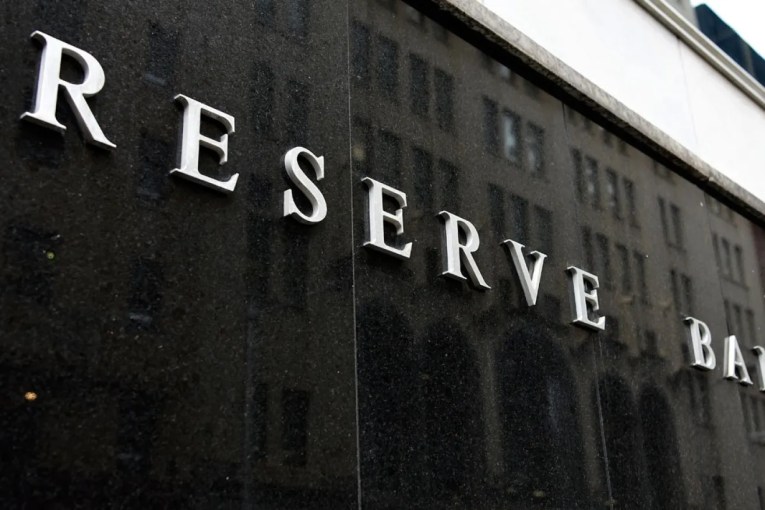The two little lines that may tell us we’re headed for a recession


The US bond market is pointing to a recession, as short-term rates are starting to rise against longer-term (10-year) yields. Photo: Getty
Two graph lines intersected last week, sending the financial world into a spin and unleashing much chatter about a looming recession.
For the first time since 2007 (a year before the global financial crisis), the line for US Treasury 10-year bond yields dipped below that for three-month yields.
When long-term bond yields go lower than shorter-term yields, it is often seen as an indicator of a recession, or at best, the signal of tough economic times ahead.
The inversion of the long and short-term bond curves also coincided with worrying economic news and weak manufacturing data from Europe, and a spate of falling bond rates globally.
On Friday, markets reacted with the Dow Jones falling 1.8 per cent, and London’s FTSE and Germany’s DAX dropping about 1.5 per cent.
So is the sky about to fall in, or are these colliding graph lines and jittery stock markets just a bump in the road?
Investment manager at VFS Group James Whelan told The New Daily the inversion of the bond yield curve “has predicted just about every recession since World War II”, and he reckons this time is no exception.
“I continue to argue the inverted yield curve is a ‘known known’, and the US is headed for a controlled recession,” Mr Whelan said.
“The bond market is always the place to look, and the inversion is significant, with the three-month-10-year-yield spread turning negative for the first time since 2007.
“The bond market is telling the Fed [Federal Reserve] they have some catch up to do regarding rates helping economic stability [in the US].”
AMP chief economist Shane Oliver branded the development a “concern”, but didn’t believe it indicated a descent into recession, as has been the case with past curve inversions.
“I think it’s a concern,” Dr Oliver told The New Daily.
“It’s probably an orange flag, a flashing amber light, but there are a few things to take note of here … The [other economic] data out of the US is not indicative of a recession … I see this as a warning sign, but not necessarily pointing to an imminent recession in the US.”
US yield curve inversion is a clear concern but note the lag from a (decisive) inversion to recession averages around 15 months for last 3 recessions; it can give false signals (circled); and central bank buying may be holding down bond yields unrelated to recession risks. pic.twitter.com/4fQrIq7kaa
— Shane Oliver (@ShaneOliverAMP) March 25, 2019
“The average lag time over the last three cycles has been about 15 months, so any recession could be a fair way off. I think it’s too premature for the equities market to get too concerned about it.”
Dr Oliver felt the behaviour of stock markets here and overseas was “probably a bit of an overreaction”, and more the result of a confluence of bad economic news from other quarters.
The real test would be if bond yields continued to decline, he said.
Laurie Conheady, a bond market expert at JB Were, agreed, saying the market needed longer to observe further movements before the market could reckon with a recession.
“The [bond] yield curve turning inverse over a few days does not really signal anything. We would want to see it stay inverse for a month or two before people would start making conclusions.”
Mr Conheady said while negative yield curves had been precursors of recessions in the past, it wasn’t always the case. And while the US economy had weakened, it was “still reasonable”.
Australian bond yields have also flattened, with 10-year bonds at a record low 1.764 per cent, but still just ahead of the three-month figure of 1.5 per cent.
While Mr Whelan was still unsure if the past couple of days on the equities markets were a “regulation sell-off” after such a stunning rally in the first couple of months this year, he cautioned that people ignore the bond market at their peril.
“The bond market always knows. Always.”








